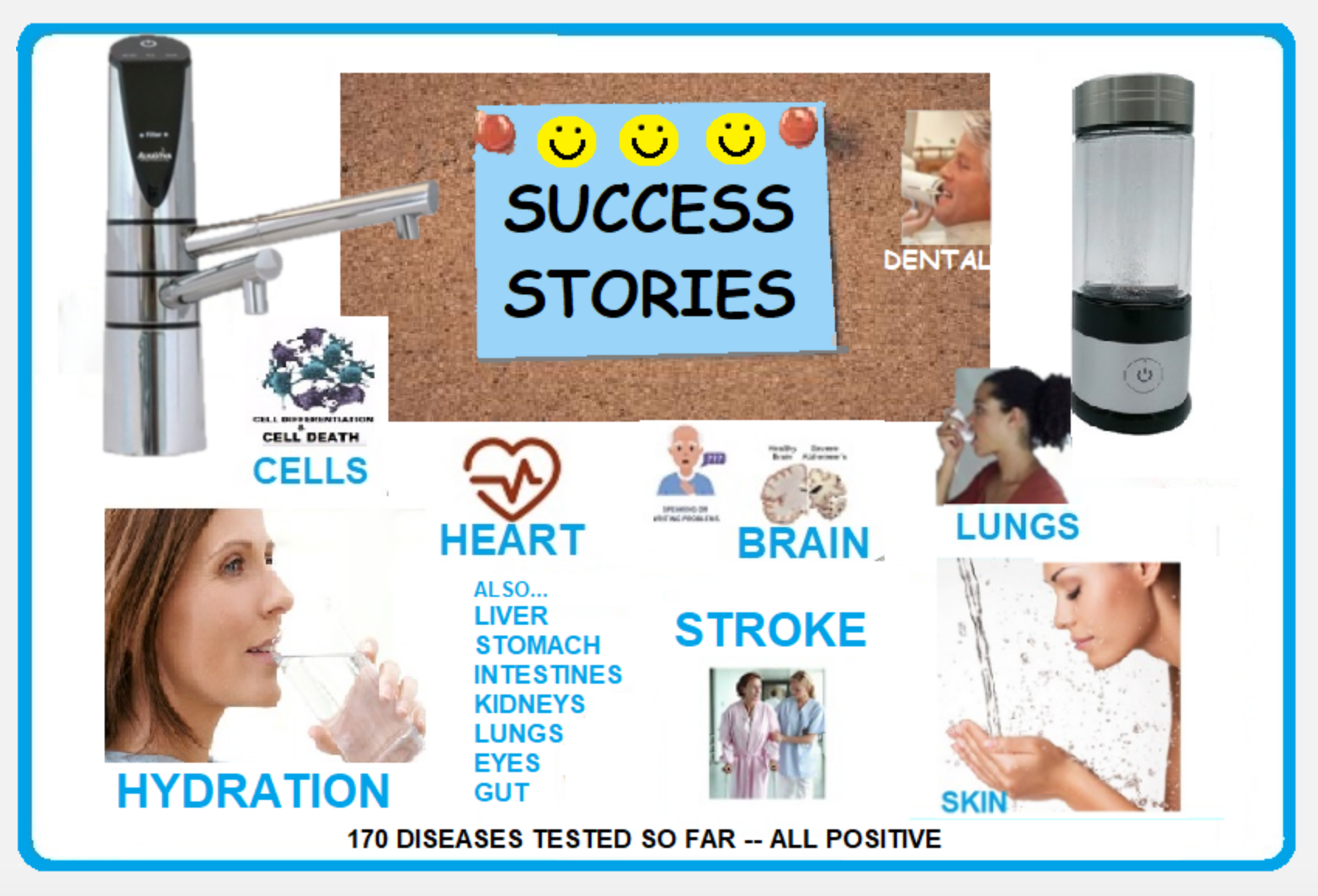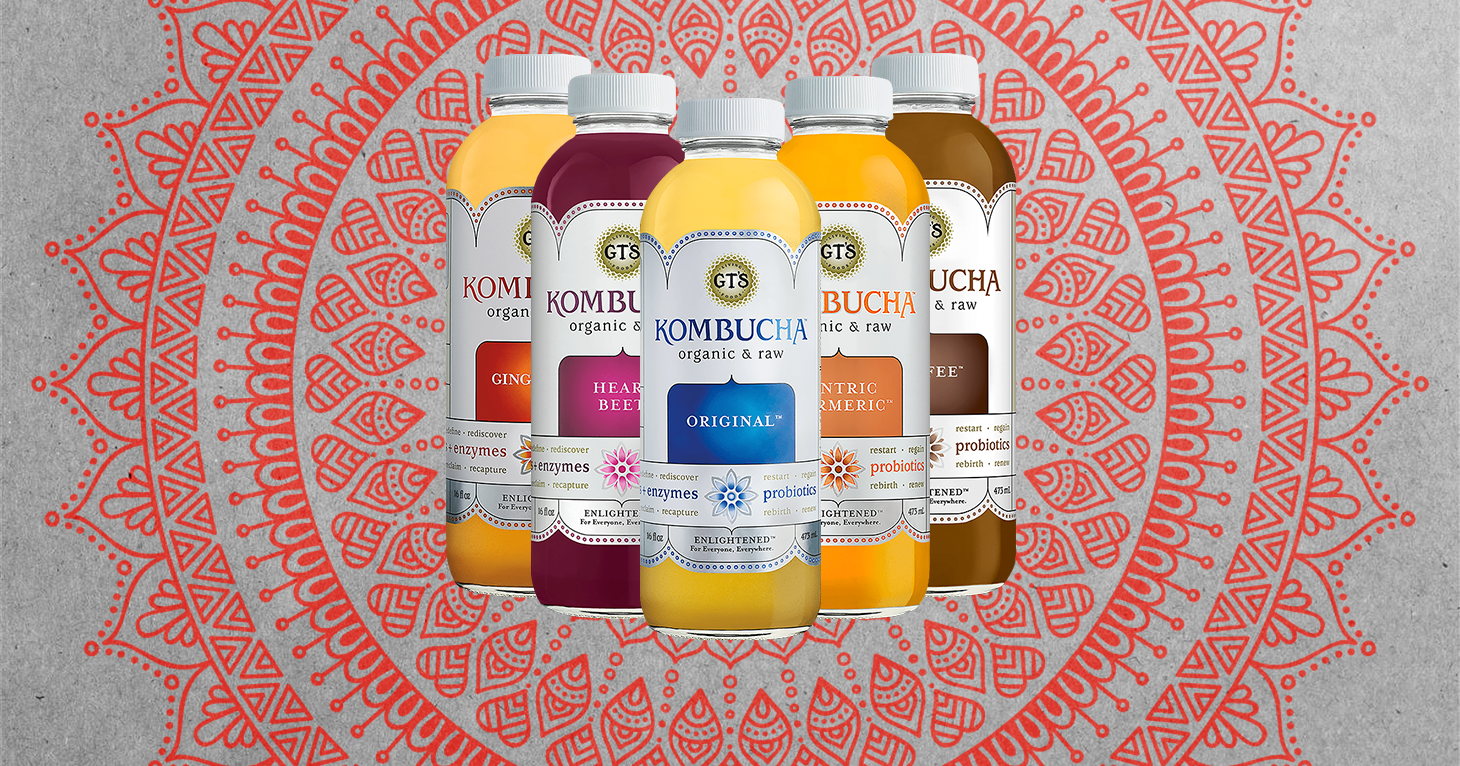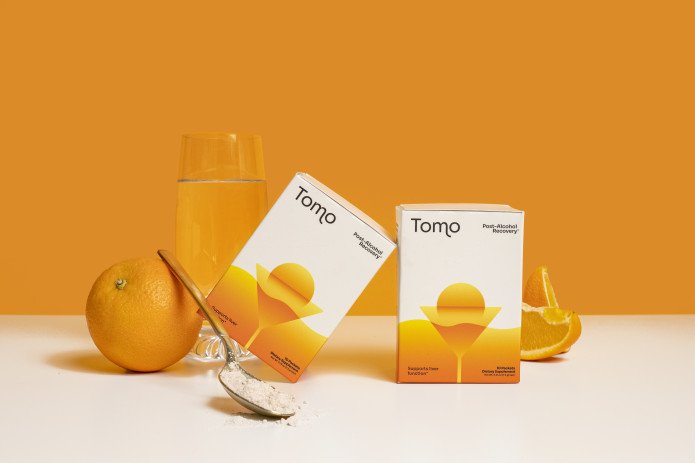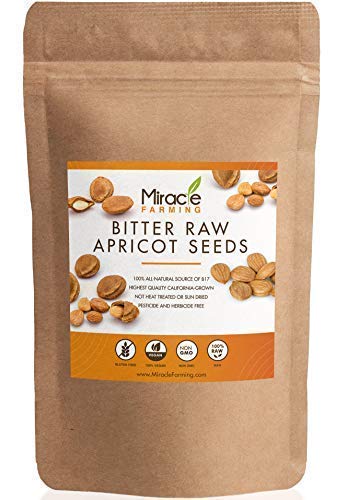
Alkaline Water Plus
Are there really any benefits to drinking alkaline water?
Oft-touted origin story implies that popular kombucha tea helps to cure cancer.
|
UPDATE 6/11/18: In response to TINA.org’s inquiry, GT’s Kombucha has changed some of the language in an origin story on its website, which had credited the drink with aiding in the “miraculous” recovery of a woman diagnosed with an aggressive form of breast cancer. The woman is Laraine Dave, the mother of the creator of GT’s Kombucha. However, the suggestion that drinking GT’s Kombucha helps to cure cancer remains.
Though the company made changes, a spokesperson said GT’s Kombucha stands by its origin story, telling TINA.org: “Laraine’s story is what happened in real life. The facts are the facts and that is the story… .” But as a matter of law, as the following ad alert points out, only FDA-approved drugs that have been subject to rigorous testing can be marketed as having the ability to treat, cure, alleviate the symptoms of, or prevent developing diseases and disorders. And FDA approval is simply something that GT’s Kombucha does not have. Our original post follows.
Kombucha, once a niche health food item, has exploded in popularity in recent years. And the current market leader, GT’s Kombucha, is a big reason why. But before we get to the oft-touted origin story of the beverage (and how it might constitute an illegal health claim), a little background on kombucha for those who may be unfamiliar.
Kombucha is tea that has been cultured — not in the sense that it has gone to many museums but because it has been fermented with active bacteria. Other foods, including yogurt, contain these types of probiotics or “good” bacteria. And it is these good bacteria and the purported health benefits derived from them that have in large part contributed to kombucha’s cult-like following. Good bacteria, like the kind in yogurt or kombucha, are said to aid in digestive wellness.
But some kombucha proponents take it a step further and claim, without scientific evidence, that the beverage with its good bacteria can treat everything from acne to AIDS to cancer. Which brings us to GT’s Kombucha’s origin story. Five years before Whole Foods started stocking its shelves with GT’s Kombucha in 1999, the drink’s founder, GT Dave, brewed it at home as a teen who had dropped out of high school. Not surprisingly, his first customers were family members, one of whom, the origin story goes, had received a grim medical diagnosis at the time:
In late 1994, GT’s mom, Laraine, was diagnosed with a highly aggressive form of breast cancer. When she healed, Laraine shared with doctors that she had been drinking a very pungent, homemade tea. That tea was GT’s Kombucha.
When GT’s Kombucha hit stores, the cancer story was printed on every label. Then, amid a wave of class-action lawsuits in the early/mid 2010s over the alcohol content in the products and allegations of unsubstantiated health claims, GT Dave removed the story from the label, according to a 2015 profile in Inc. magazine that dubbed GT Dave the “King of Kombucha.” (Though he apparently did it begrudgingly, telling Inc., “We never used the word cure.”) Nevertheless, the cancer story remains intact on the company’s website, under a tab marked “Our Story.” In addition, GT Dave — the GT is short for George Thomas — is also fond of telling the cancer story in interviews, like the one he gave Inc. a few years ago.
All of this implies that GT’s Kombucha helps to cure cancer, even if the company doesn’t use the word cure. Yet only FDA-approved drugs that have been subject to rigorous testing can be marketed as having the ability to treat, cure, alleviate the symptoms of, or prevent developing diseases and disorders. And FDA approval is simply something that GT’s Kombucha does not have.
Find more of our coverage on cancer treatment claims here.
Are there really any benefits to drinking alkaline water?
TINA.org breaks down the legal issues of marketing a “hangover supplement.”
How Amazon steers consumers toward unproven and potentially dangerous products containing a fake vitamin called B17.


